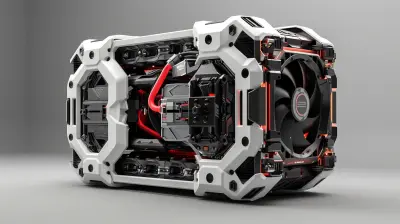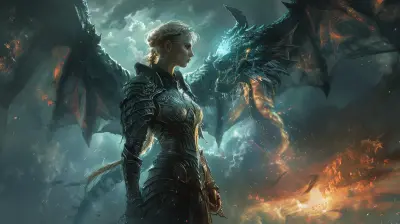The Role of Individual Mechanics in Competitive Team-Based Games
21 September 2025
If you've ever spent hours watching esports or glued to your screen playing team-based games like Valorant, League of Legends, or Overwatch, you've probably heard terms like "mechanical skill" tossed around a lot. But what exactly are individual mechanics, and why are they such a big deal when it comes to competitive team-based games? Buckle up, because we're diving deep into this.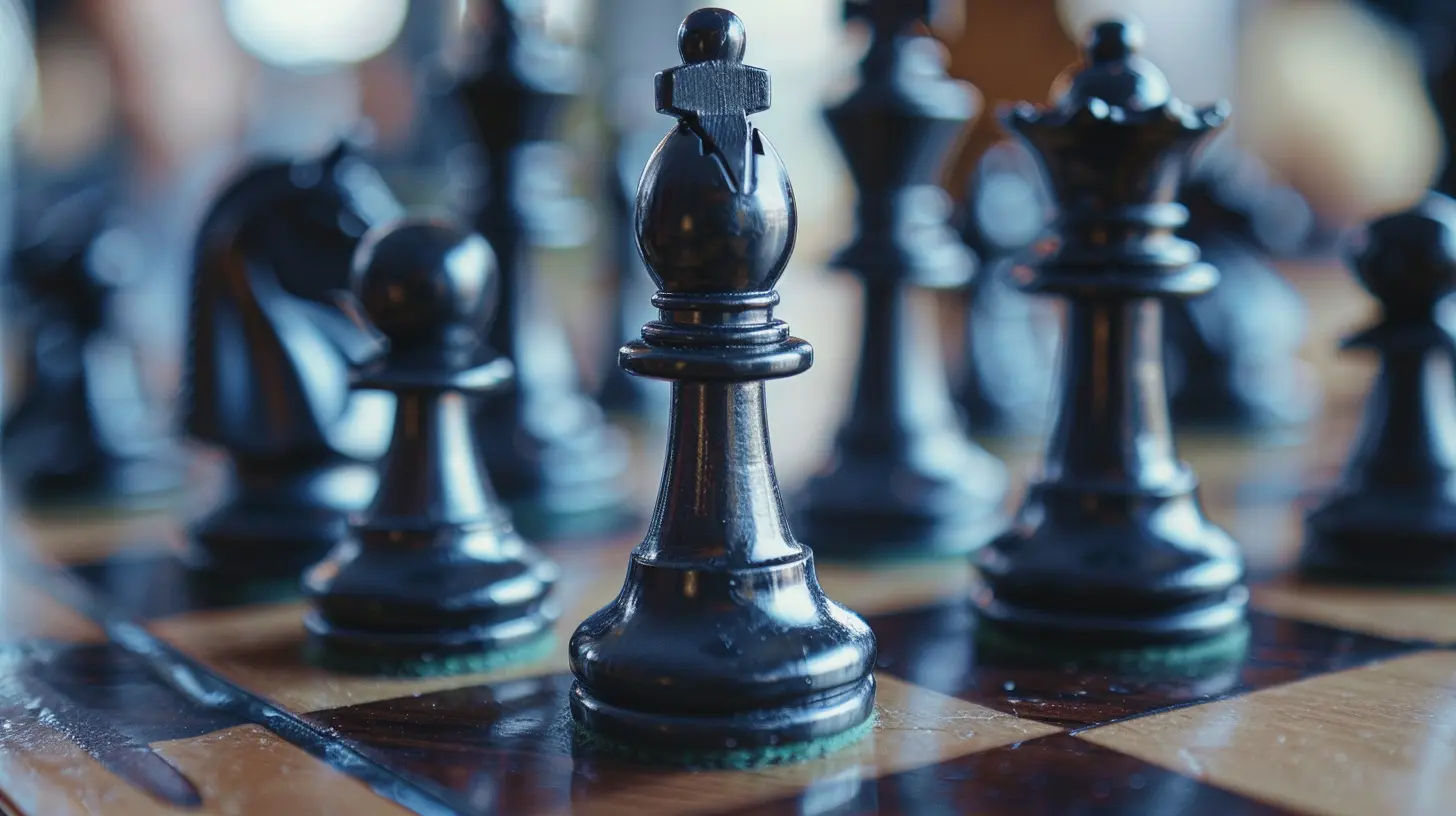
Understanding Individual Mechanics: What’s the Big Deal?
Let’s keep it simple: individual mechanics refers to your raw ability to control your character or avatar in a game. Think aim precision in first-person shooters, combo execution in MOBAs, or movement fluidity in platformers. It’s all about how well you can handle the tools the game gives you.So why does this matter in games where teamwork is the name of the game? Well, even the most skilled squad in the world can’t carry someone who doesn’t know how to hit their shots, dodge attacks, or execute key plays. Think of it like a basketball team; it doesn’t matter how well you strategize if no one can dribble or shoot. Individual mechanics form the foundation of everything else.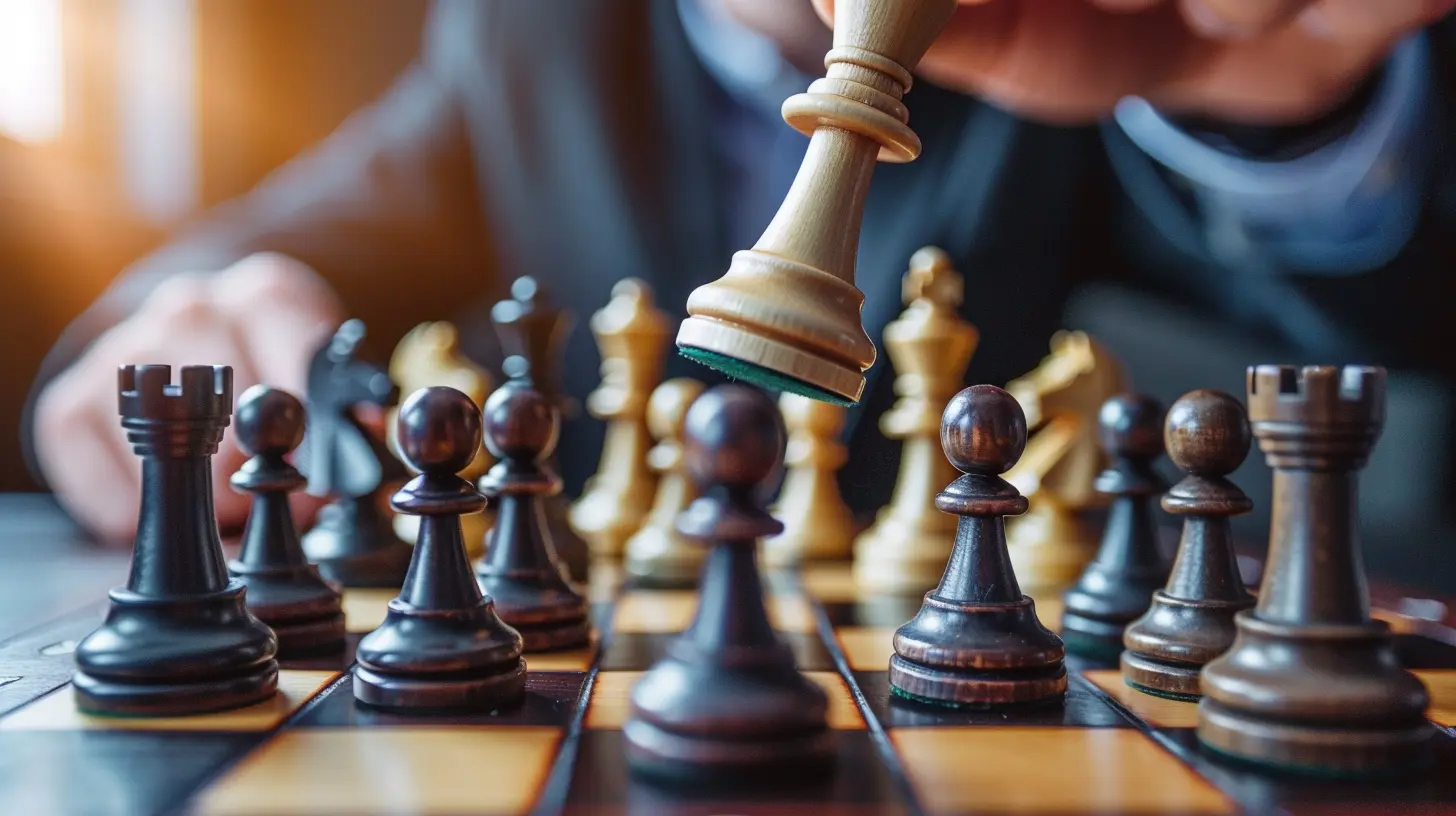
The Core Components of Individual Mechanics
Let’s break it down a bit further. Individual mechanics typically boil down to a few core skills.1. Aim and Precision
In FPS games like CS:GO or Valorant, your aim is everything. Can you consistently hit headshots? How’s your flicking ability under pressure? It’s these split-second decisions that separate players who dominate the leaderboard from those stuck in bronze.2. Reaction Time
Competitive games happen fast—faster than your brain might want to process sometimes. Whether it’s dodging an ultimate in League of Legends or parrying an attack in Apex Legends, quick reactions can mean the difference between a clutch win and a crushing loss.3. Movement and Positioning
Ever wonder why some players seem impossible to hit? They’re masters of movement and positioning. It’s not just about dodging bullets. In games like Overwatch, good positioning can let you deal damage while avoiding unnecessary risks, maximizing your impact without putting yourself in the firing line.4. Game Knowledge Execution
It’s one thing to know the game, but it’s another to apply that knowledge mechanically. Let’s say you know exactly how to pull off a flashy Zed play in League of Legends—if you fumble the buttons, it’s game over. Execution matters. A lot.5. Consistency
This might be the most underrated part. It’s one thing to have a great game once in a while. But can you reproduce those mechanics match after match? Consistency is what elevates players into pro-level territory.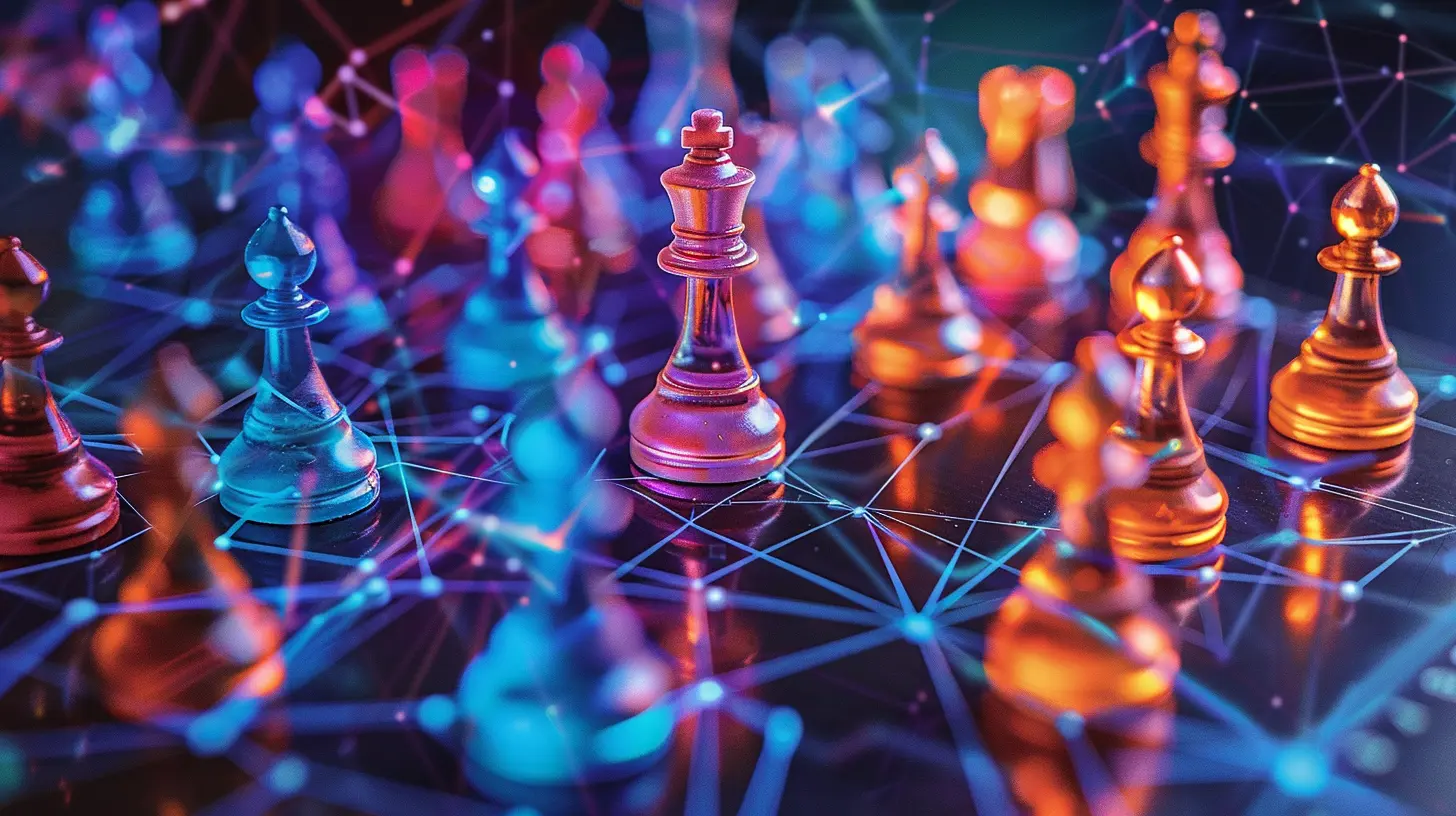
Do Mechanics Matter in Team-Based Settings?
Okay, here’s where things get interesting: competitive team-based games aren’t just about you—they’re about us. So how do individual mechanics mesh with the bigger picture of teamwork?Mechanics Are the Foundation of Teamwork
Imagine playing soccer, but one of your teammates literally doesn’t know how to kick a ball. Teamwork can only take you so far. Similarly, in games, if someone on the team lacks fundamental mechanical skills, the whole squad suffers.Take Overwatch as an example. Even if your Reinhardt is making the most tactical callouts, if they can’t properly time their shield or land their Earthshatter ult, the team’s strategy falls apart.
Good Mechanics Create Opportunities
When your mechanics are sharp, you’re essentially opening up more possibilities for your team. A clutch headshot, a perfectly timed ult, or a flawless zoning play can turn the tide of a match and set your team up for success. In MOBAs, a mechanically skilled ADC (attack damage carry) can output insane damage during critical fights, while good mechanics on a support ensure everyone stays alive long enough to secure the win.Poor Mechanics Are a Bottleneck
On the flip side, weak mechanics can bottleneck the whole team. You could have the best strategy in the world, but if a player keeps overextending because of bad positioning—or misses every skill shot—the team will crumble. Mechanics aren’t everything, but without them, everything else falls apart.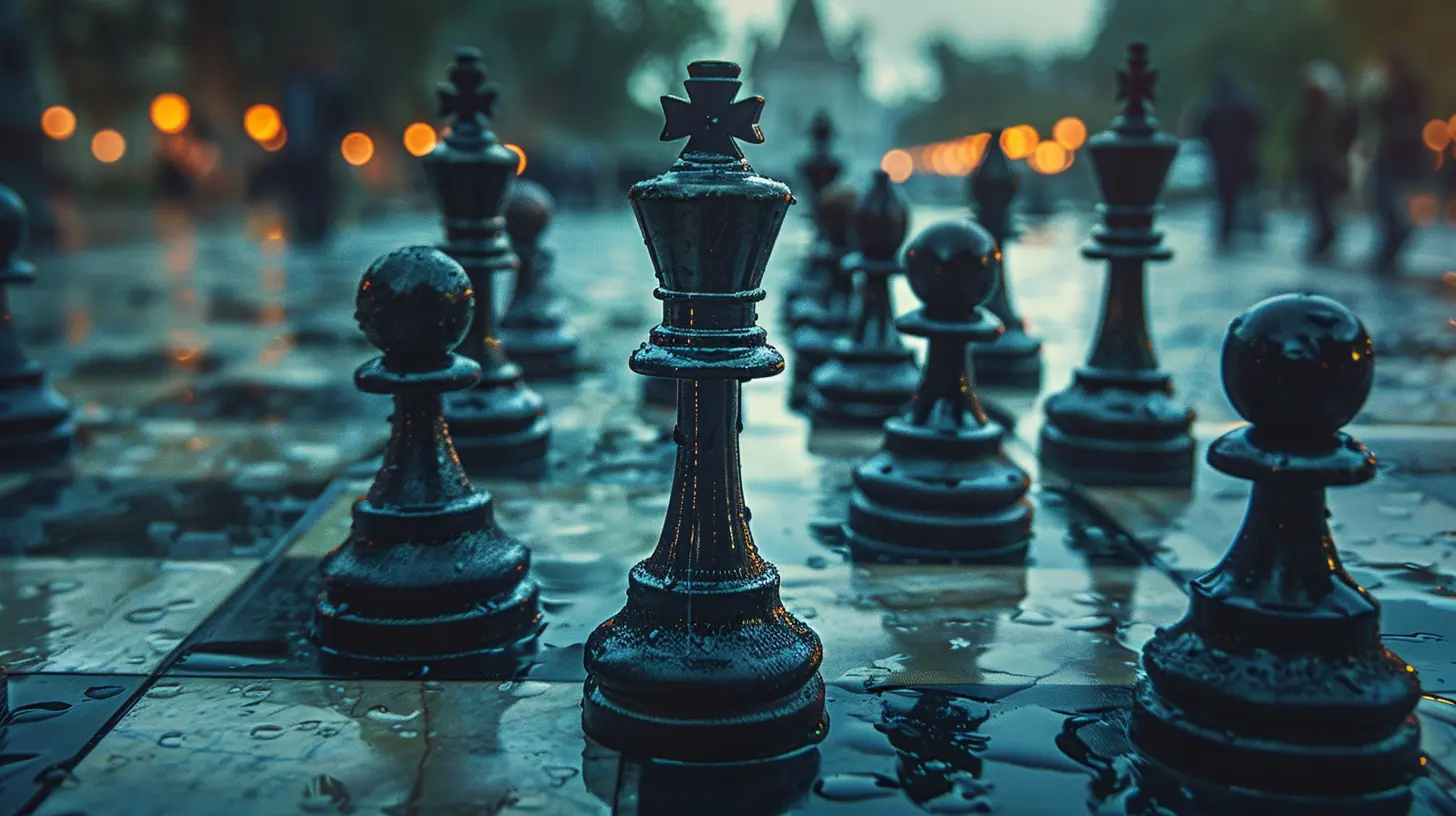
The Balance Between Mechanics and Strategy
Here’s the thing: individual mechanics are great, but they’re not the only thing that matters. Competitive team-based games are a delicate dance of mechanics and strategy. Think peanut butter and jelly—they’re better together.Mechanics Get You in the Door
Strong mechanics are usually what get players noticed in the first place. Climbing the ranks in games like Rainbow Six Siege often requires standout mechanical skill. But once you’re competing at higher levels, mechanics alone won’t cut it. That’s where strategy, teamwork, and communication come into play.Synergy > Individual Brilliance
In team-based games, synergy often trumps raw skill. A team with strong communication and coordination can outplay a mechanically superior team through smarter decision-making and better timing. Think of it like chess; it’s not just about the individual pieces, but how they work together.Improving Individual Mechanics (Without Losing Your Mind)
If you’re reading this and thinking, “Okay, my mechanics need some serious work,” don’t worry—I’ve got you covered. Here are some tips to level up:1. Practice Makes Perfect
This one’s obvious, but it’s worth repeating. Hop into practice modes, aim trainers, or custom games focused on specific skills. Tools like Aim Lab or KovaaK’s are popular for FPS players, while MOBAs often have tutorials to hone your mechanics.2. Focus on Weaknesses
It’s easy to keep practicing what you’re already good at because it feels nice. But the real growth happens when you tackle your weak spots. Bad at tracking targets? Spend time working on your aim. Struggling to farm efficiently in MOBAs? Practice last-hitting minions.3. Watch and Learn
Sometimes the best way to improve is to watch better players in action. Look up streams, YouTube tutorials, or pro matches and focus on how top players handle situations. Pay attention not just to what they do, but also how they do it.4. Consistency Over Flashiness
It’s tempting to try pulling off flashy plays, but consistency is king. Stick to the fundamentals, and once those are solid, you’ll naturally develop the skill to make those highlight-reel moments happen.5. Mindset Matters
Don’t beat yourself up over mistakes. Every missed shot or failed play is a lesson in disguise. Keep a growth mindset, and progress will follow.Final Thoughts: It’s All Connected
At the end of the day, the role of individual mechanics in competitive team-based games is like the role of strings in a guitar. Without them, you’ve got no music. But by themselves, they’re just strings—they need harmony with strategy, teamwork, and communication to create something truly great.So whether you’re grinding ranked or just trying to keep up with your friends in casual games, remember this: mechanics are the bedrock of success, but they’re only part of the puzzle. Master your mechanics, but don’t forget to be a team player. After all, even the sharpest knife can’t cut without a steady hand guiding it.
all images in this post were generated using AI tools
Category:
Competitive GamingAuthor:

Leif Coleman
Discussion
rate this article
1 comments
Ruby McLean
This article effectively highlights how individual mechanics shape overall team dynamics in competitive games. Understanding each player's role can enhance strategy and teamwork, ultimately improving performance and enjoyment. Great insights!
October 11, 2025 at 4:20 AM

Leif Coleman
Thank you for your thoughtful comment! I'm glad you found the insights on individual mechanics and team dynamics valuable. Your perspective on enhancing strategy and teamwork is spot on!

